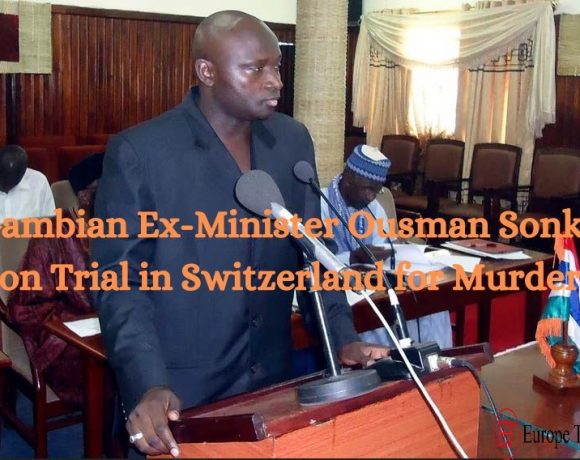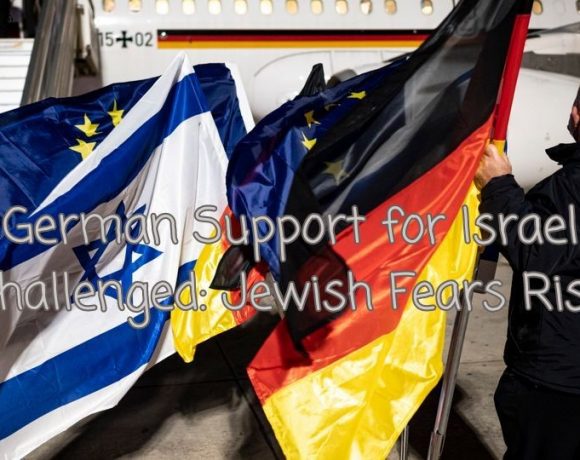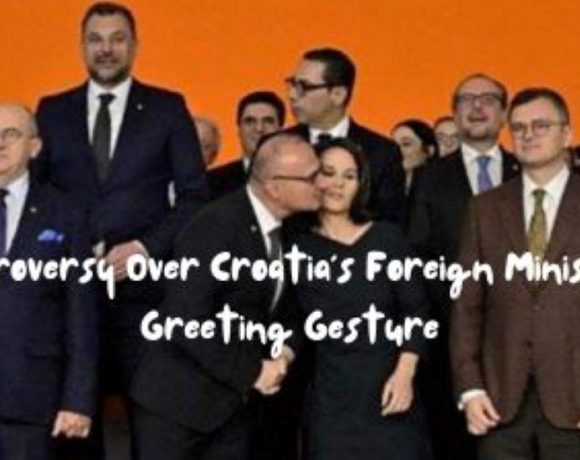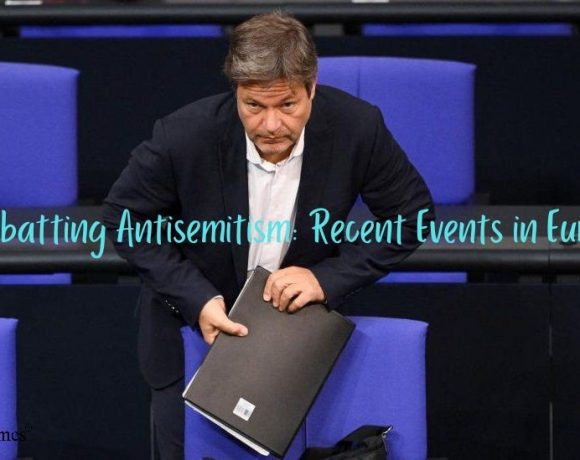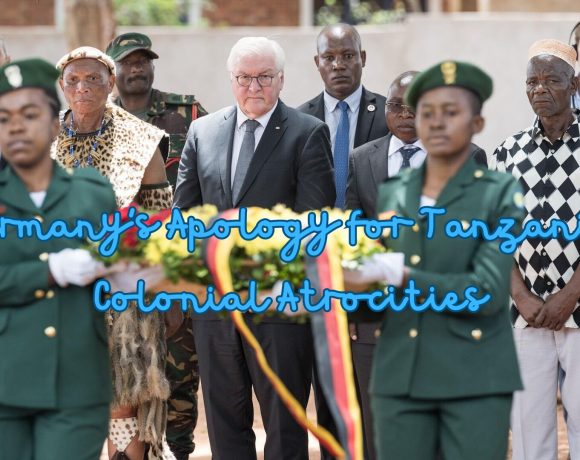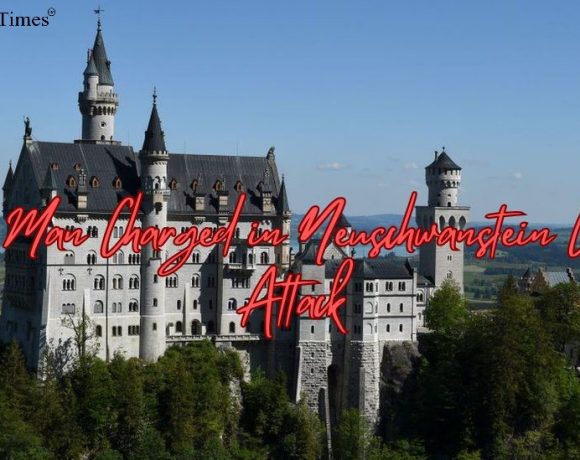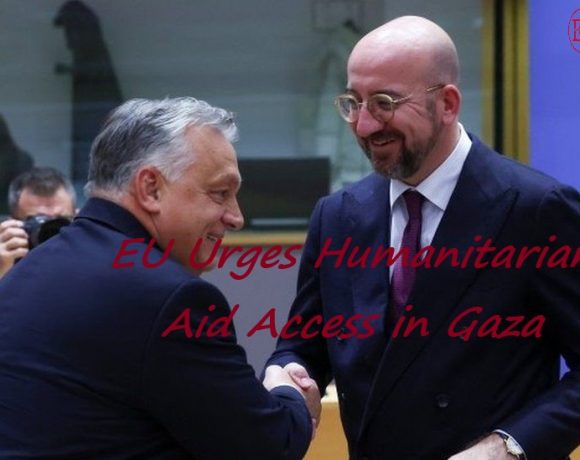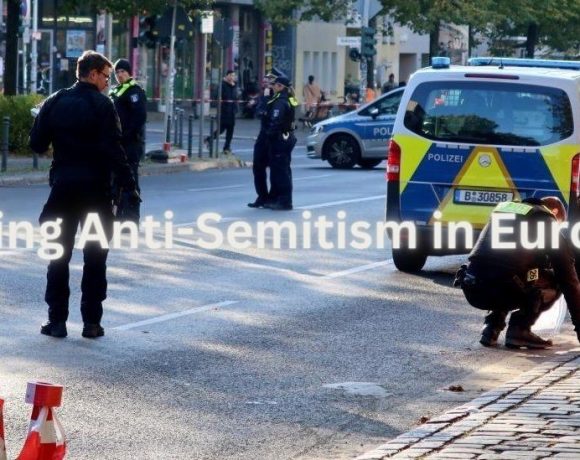
German Chancellor Olaf Scholz has condemned an alleged far-right meeting where plans to deport millions of people, including German citizens, were discussed. The secret gathering, reported by Correctiv, included senior figures from the far-right Alternative for Germany (AfD) and neo-Nazis from Germany and Austria.
The focus was on “remigration,” the removal of individuals with non-German ethnic backgrounds. Despite the AfD officially rejecting remigration, participants reportedly expressed doubts about its feasibility, with some supporting the idea for years. Chancellor Scholz emphasized that discrimination based on ethnic origins would not be tolerated in Germany, and participants may face investigation by the intelligence agency.
Correctiv investigative outlet revealed that around 20 individuals, including senior AfD members and neo-Nazis, attended a secret meeting near Berlin to discuss the deportation of people with non-German ethnic backgrounds, even if they are citizens of Germany. The meeting reportedly took place near Potsdam last November, with Correctiv noting the participation of two members of the center-right Christian Democrats (CDU) party. Although the AfD officially rejects remigration, internal contradictions were exposed by Gerrit Huy, an AfD member of the German Parliament, who affirmed the party’s commitment to remigration. The AfD confirmed the attendance of Roland Hartwig at the meeting but denied any shift in its migration policy.
Chancellor Scholz, responding to the report, stated that Germany would not allow differentiation based on immigrant backgrounds and that participants in the alleged meeting could face investigation by the Office for the Protection of the Constitution, the domestic intelligence agency. He underscored the importance of learning from history and emphasized that discrimination based on ethnic origins would not be tolerated in the country. The far-right AfD is currently the second-largest party in Germany, trailing behind the CDU, and has faced scrutiny over its stance on immigration and alleged ties to extremist groups.
Picture Courtesy: Google/images are subject to copyright

